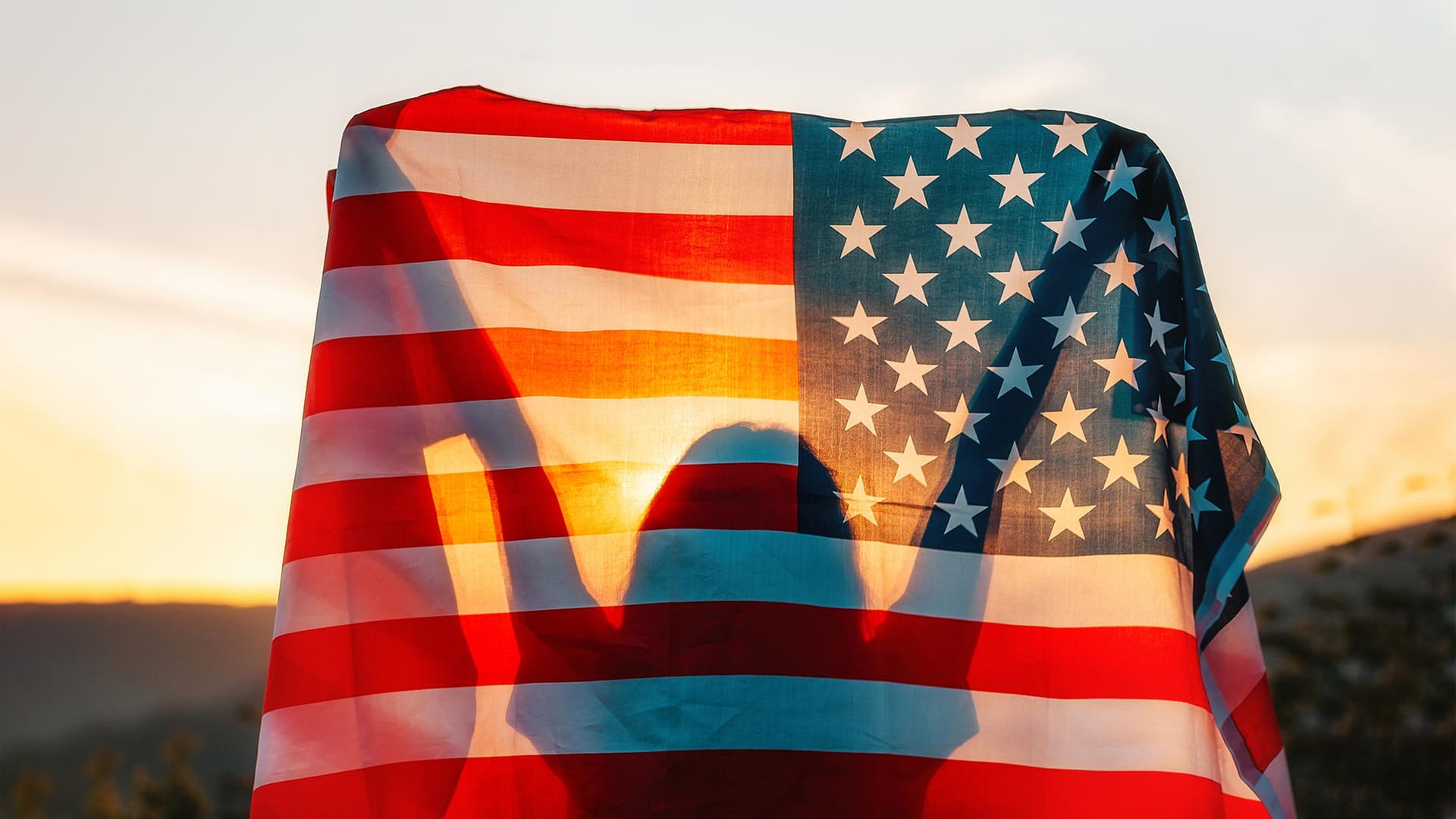Understanding Independence Day USA: History and Significance

Introduction
Independence Day, commonly known as the Fourth of July, is a cornerstone of American culture, celebrated annually on July 4th. This holiday commemorates the adoption of the Declaration of Independence in 1776, a pivotal moment in which the thirteen American colonies declared their freedom from British rule. As one of the most significant events in American history, Independence Day not only highlights the struggle for freedom but also serves as an embodiment of the values of democracy and liberty that the United States stands for today.
The History Behind Independence Day
The journey to independence was fraught with challenges. By the mid-18th century, growing discontent among the colonies over British taxation and lack of representation led to increasing calls for self-governance. The Continental Congress was formed, and on June 7, 1776, Richard Henry Lee introduced a resolution calling for independence. After much debate and drafting, Thomas Jefferson penned the Declaration of Independence, which was officially adopted on July 4, 1776. This document articulated the colonies’ grievances and declared their right to be free and independent states.
Traditions and Celebrations
Independence Day is marked by a wide range of celebrations across the United States. These include fireworks displays, parades, barbecues, and public ceremonies. An integral part of the festivities is the display of the American flag, which symbolises national pride and unity. Major cities host large fireworks shows, such as the iconic display over the National Mall in Washington, D.C., which attracts thousands of visitors each year. Furthermore, community events often feature music, food, and cultural activities that engage citizens of all ages.
Significance in Contemporary Society
In recent years, the celebration of Independence Day has also become a time to reflect on the meaning of freedom and the ongoing struggles for rights and equality in the U.S. Various groups use this day to advocate for social justice, emphasising that the ideals of liberty and justice for all are still a work in progress. Nationwide, discussions surrounding the historical context of the Fourth of July often integrate perspectives on race, class, and equality, reminding citizens to strive for a more inclusive society.
Conclusion
Independence Day is not only a day of celebration but also an opportunity for reflection on the past and the journey of a nation committed to the ideals of freedom and democracy. As America continues to evolve, the Fourth of July serves as a reminder of the ongoing responsibilities of citizenship and the importance of unity in diversity. As we look ahead, it remains a vital part of American identity, encouraging citizens to cherish their freedoms and work together for a better future.
You may also like

The Importance of Storytelling in Modern Society

Celebrating Vasant Panchami 2026: Significance and Festivities

The Significance of International Day Celebrations
SEARCH
LAST NEWS
- Remembering Wendy Richard: The Promise to Co-Star Natalie Cassidy
- How Did Anglian Water Achieve an ‘Essentials’ Rating for Mental Health Accessibility?
- Shai Hope Leads West Indies in T20 World Cup Clash Against South Africa
- What We Know About Weston McKennie: Future at Juventus and Past at Leeds
- What We Know About the Upcoming Live Nation Antitrust Trial